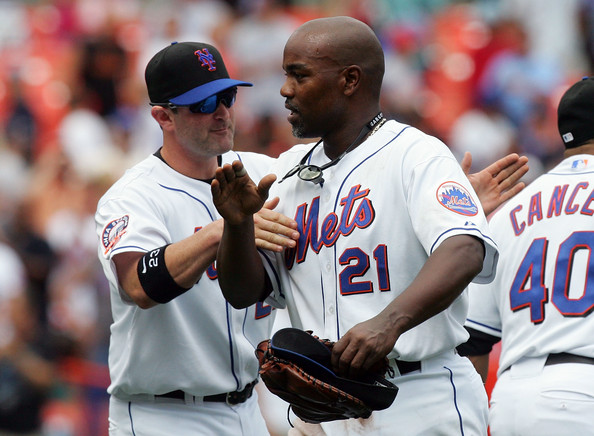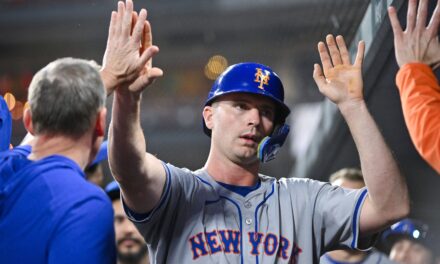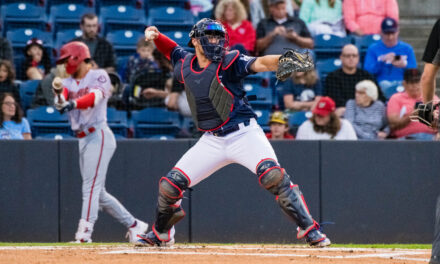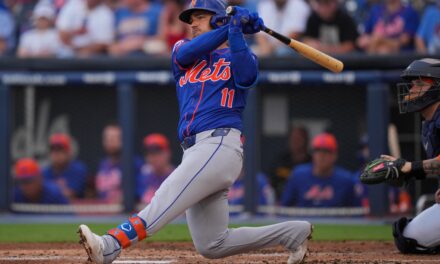
Following an unproductive season from the first base position in 2005, the New York Mets had an existing core in place that was practically begging for another power bat in the middle of the lineup.
The combination of Doug Mientkiewicz, Marlon Anderson, Chris Woodward, and rookie Mike Jacobs — he of four home runs in his first four games fame — simply didn’t cut it the previous season.
With a bevy of talent in David Wright, Carlos Beltran, Jose Reyes, and Cliff Floyd littered through the batting order, as well as a starting rotation headed up by future Hall of Famers Pedro Martinez and Tom Glavine — on paper — the Metsies would surely benefit from a bonafide power bat at first base.
Enter the Florida Marlins’ Carlos Delgado.
After putting together a .282/.392/.556 hitting line (336 home runs, 343 doubles, 1,058 RBIs) with Toronto over the first 12 years of his career, the Puerto Rican native signed an eye-opening four-year, $52 million deal with Florida ahead of the 2005 season.
Delgado’s first year in South Florida was a personal success — .301/.399/.582, 33 homers, 41 doubles, 115 RBIs — and the Marlins completed their third consecutive winning season.
Though, even as the tide appeared to be turning towards actual, goal-oriented baseball operations in Florida — following up success by immediately dismantling the roster was pretty much the Marlins’ modus operandi since their inception — somewhere along the line, Delgado was made available via trade.
The Mets and general manager Omar Minaya had already been busy that offseason, acquiring Xavier Nady from San Diego for Mike Cameron to compete for time in the Mets’ outfield, and, apparently, Minaya and his brain trust weren’t done yet.
Jacobs’ promising MLB debut in 2005 (.310/.375/.710, 11 homers in 112 plate appearances), as well as his palatable price tag, must have been pretty appealing to Florida because all it took was him, right-handed prospect Yusmeiro Petit — still active, by the way — and minor league pitcher Grant Psomas to acquire arguably the catalyst of the Mets’ offense over the next few years.
Once in Queens, Delgado continued on his mashing path, averaging 31 doubles, 33 homers, and 105 RBIs from 2006 through 2008, providing veteran leadership and a ridiculously potent bat.
Over that span, the Mets’ offense accumulated the second-most wins above replacement (FanGraphs) in the majors (84.7 fWAR; Philadelphia, 93.5) and racked up an NL-most 274 wins.
Sure, there were plenty of valuable cogs in those lineups, but, in this writer’s opinion, Delgado became the glue that held it all together.
And while his productivity pretty much spoke for itself, him meticulously scribbling thoughts into that marble notebook after every at-bat — Codebreaker before advanced technology allowed for it — surely set the tone for the level of dedication to one’s craft in that clubhouse.
That facet of Delgado’s contribution during his time in Flushing was arguably invaluable.














